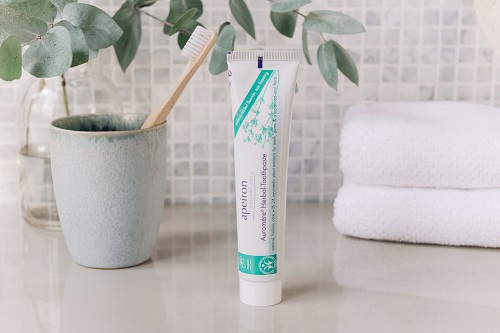Top Ingredients to Look for in Natural Hypoallergenic Soaps
.jpeg)
In today's world, where skin sensitivities and allergies are on the rise, the demand for natural hypoallergenic soaps has grown significantly. These soaps are formulated to be gentle on the skin, free from harsh chemicals, and safe for individuals with sensitive skin or allergies. Choosing the right hypoallergenic soap can make a world of difference for your skin health. Here are some top ingredients to look for in natural hypoallergenic soaps: 1. Glycerin Glycerin is a natural humectant, meaning it attracts moisture to the skin. It helps maintain skin hydration by drawing water from the air into the skin’s outer layer. This ingredient is particularly beneficial for those with sensitive or dry skin, as it ensures the skin remains moisturized and soft. Glycerin is derived from plant oils, making it a natural and safe option for hypoallergenic soaps. 2. Olive Oil Olive oil is renowned for its moisturizing and nourishing properties. It is rich in antioxidants, such as vitamins E and...




.jpg)